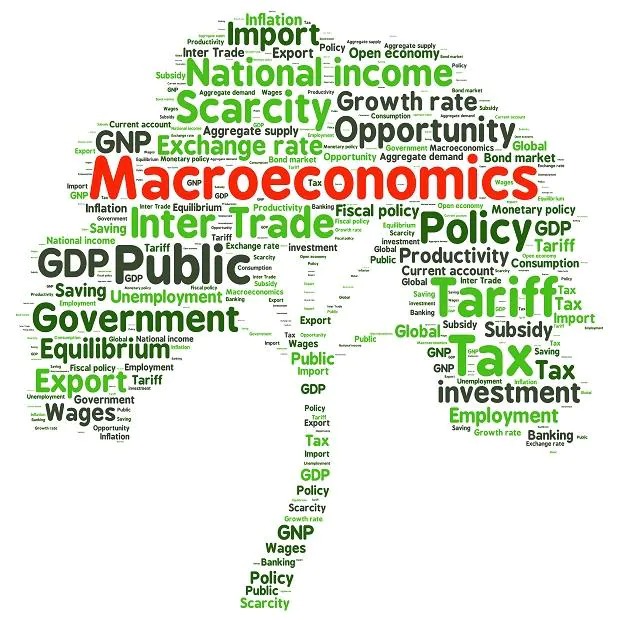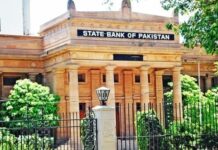ISLAMABAD: Efforts to eradicate poverty have been stymied by factors such as high inflation, political instability and recurring natural disasters.
Besides ending political uncertainty, solid steps must be taken to ensure efficient macroeconomic policies, good governance, more investments in infrastructure and increased education and healthcare budgets to help eradicate poverty effectively.
Talking to WealthPK on the matter, Dr Nasir Iqbal, an associate professor at the Pakistan Institute of Development Economics, Islamabad, said poverty in Pakistan was largely caused by economic mismanagement. “Imprudent macroeconomic policies often result in inefficient economic outputs, unemployment, inflation, inequality in income distribution, trade deficits and low investments.”
“The government has failed to implement policies that promote economic growth and stability, and provide the people with basic needs in times of high inflation.”
He said the runaway inflation had devoured the purchasing power of the poor, pushing nearly 39% of Pakistanis into ‘multidimensional’ poverty. Balochistan has the highest rate of poverty followed by Sindh, Khyber Pakhtunkhwa and Punjab, he added.
“When we categorise rural/urban poverty estimates, we see that rural poverty is significantly higher than urban poverty. The reason for this higher poverty in rural areas is a greater percentage of people living there, especially poor, who usually do not have access to health, education and employment.”
Nasir Iqbal said better governance, more investments in infrastructure, and greater support for education and healthcare were critical to tackle the growing poverty.
“Shelter, healthcare, education, food and drinking water are basic human rights, and the government should strive to ensure them to all the people. The government should have a strong monitoring system to ensure that the poorest of the poor get full benefits of the social safety programmes.”
Meanwhile, an official of Benazir Income Support Programme (BISP), the government’s major social safety net initiative, said the number of BISP beneficiaries would be increased to nine million by June 2023. “The number of BISP beneficiaries increased from 7.2 million to 8.6 million between May and October 2022,” he added.
The official said an increase in fuel prices was a major cause of inflation in Pakistan. He added that poor people were finding it hard to make both ends meet.





